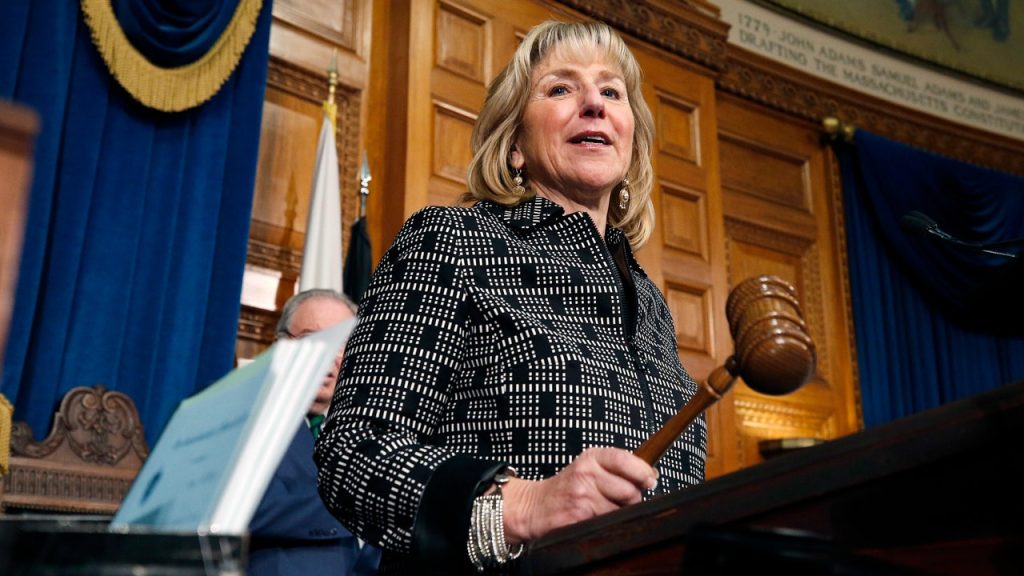The Massachusetts Senate has launched a debate on its proposed $57.9 billion budget for the new fiscal year, which includes a plan to create tuition-free, universal community college for all state residents. The plan, known as MassEducate, aims to increase the state’s workforce and expand opportunities for students across Massachusetts. The proposal would allocate $75.5 million in new spending to cover tuition and fees, as well as offer a stipend of up to $1,200 for books, supplies, and other costs to students who make 125% or less of the median income in the state.
The Senate budget plan includes funding for free nursing programs at community colleges and free community college for residents over 25. Senate President Karen Spilka has emphasized the importance of investing in local talent and providing opportunities for students to enter the workforce. The goal is to provide Massachusetts with a competitive edge by ensuring that employers have access to a well-educated workforce. The proposal would allow students to be eligible for free tuition and fees starting in the fall semester if it is included in the final budget plan approved by the state.
However, the proposal to create tuition-free, universal community college faces uncertain prospects as the Massachusetts House did not include the plan in its version of the state budget. Senate leaders will need to negotiate with the House to try to include the proposal in the final version of the spending plan that will be sent to Governor Maura Healey for approval. Critics of the plan warn that the cost of providing free community college could be challenging to sustain in the long term, with concerns about the potential for the cost to escalate and burden taxpayers.
The 15 community colleges in Massachusetts serve over 90,000 students, the majority of whom attend part-time while balancing work and family commitments. Nearly half of these students receive federal Pell grants, making them eligible for a book stipend through state financial aid. Under the Senate plan, these students would also be eligible for a stipend for books, supplies, and other costs, totaling a combined $2,400 stipend per year. The aim is to alleviate financial barriers for students seeking higher education.
The budget debate in the Massachusetts Senate coincides with news that the voter-approved “millionaire’s tax,” which imposes a 4% surtax on annual income exceeding $1 million, has generated over $1.8 billion in revenue for the current fiscal year. This revenue is intended for transportation and education initiatives, with the Massachusetts Teachers Association advocating for the funds to be used to support hiring and retaining staff, fair wages for educators, and improved working conditions. The additional tax revenues have been seen as a vindication for groups that advocated for the tax measure.
While the budget debate continues, supporters of the tuition-free, universal community college plan are hopeful that the proposal will be included in the final version of the state budget. The aim is to provide greater access to education and workforce opportunities for Massachusetts residents, with a focus on investing in local talent and meeting the needs of students across the state. The plan represents a significant investment in education and workforce development, with potential benefits for students, employers, and the state’s economy as a whole.


